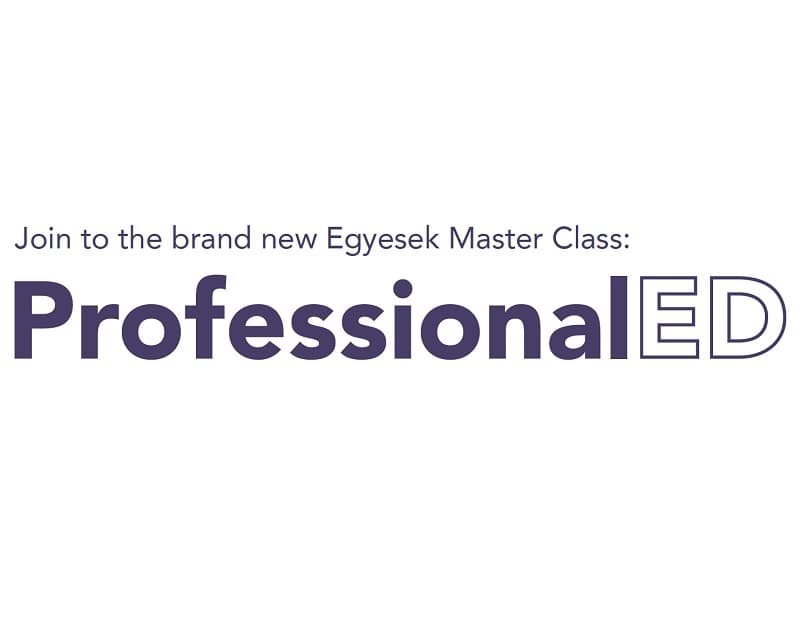One of the most important hallmarks of non-formal learning is the self-directed written evaluation.
This comes from the idea that the scoring system of formal education is not applicable for non-formal learning. The principle is that the learners engage on a voluntary basis and educators make the learning more attractive by not enforcing the good old test-after-the-learning method. This stress factor is rather taken out which is engraved in all of our minds from our school experience.
Another reasoning of using descriptive self-evaluation is that it gives a broader idea to any third-party what exactly was the learning about.
We agree that scoring system is too vague for non-formal learning and a descriptive evaluation is extremely important (and it should be important in formal education too), however a self-descriptive evaluation can be as distorted as a score or a letter (A-F) about the learner’s results at the end of a learning cycle.
Let’s imagine that you are an employer: would you believe if a candidate submits an excellent certification? Such as YouthPass describing high-level competences where the evaluation is 100% based on the candidate self-reflection. I believe most of us would at least question what is written. Obviously we would not know the accuracy of the presented self-reflection only when we start working with that person.
Once you want to use your certificate or diploma outside the bubble of the non-formal learning and youth projects, learning results need to be matched with reality.
Unfortunately it is hardly possible that a university or a workplace will 100% understand the level of English when they see something like this: “I have improved my English speaking skills by living in an international environment for 9 months.”
Or that they have a clear picture about teamwork abilities when it is written: “I became a real team player while spending 2 days on our own in nature with a group of 5 amazing people, solving different kinds of challenging quests.”
Obviously there are huge differences in the quality of self-reflections and educators are responsible to explain and guide through the learners how to describe their learning results in the most effective way. But even if you have the perfect YouthPass, unfortunately its recognition is way lower than it was anticipated when YouthPass was introduced some decades ago.
It is high time to accept the fact that non-formal learning results must be complemented with tangible assessments which are comprehensive for actors outside of the youth bubble: schools, research institutions, labour market actors. Self-reflective assessments are just not enough without data-based assessments and impact measurements. Nevertheless, confirming the self-descriptive learning results by external experts is essential to validate its accuracy.
With the ProfessionalED project we embark on the journey to create a culture of non-formal learning assessments which contains both descriptive and factual evaluation. In this way it is understandable for sectors where young people wish to use their learning results.
Okay, but how? We are going to explain it in our next blog post!

